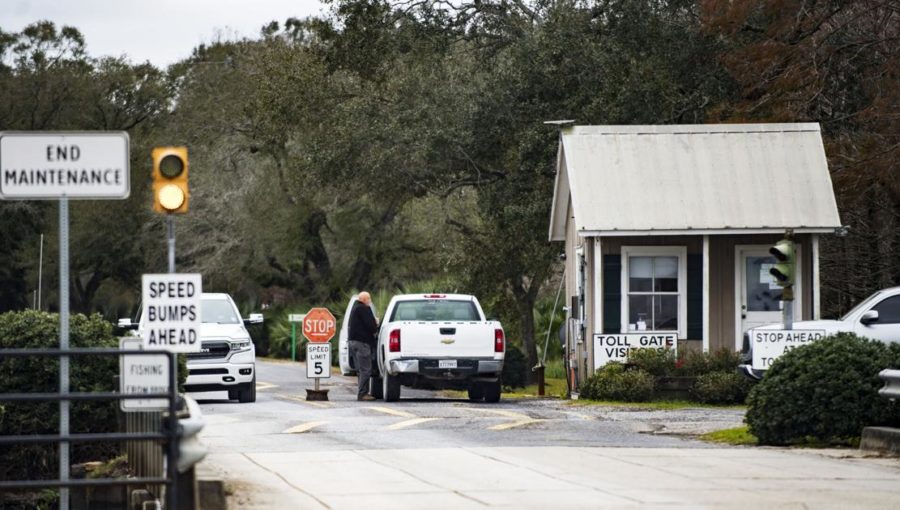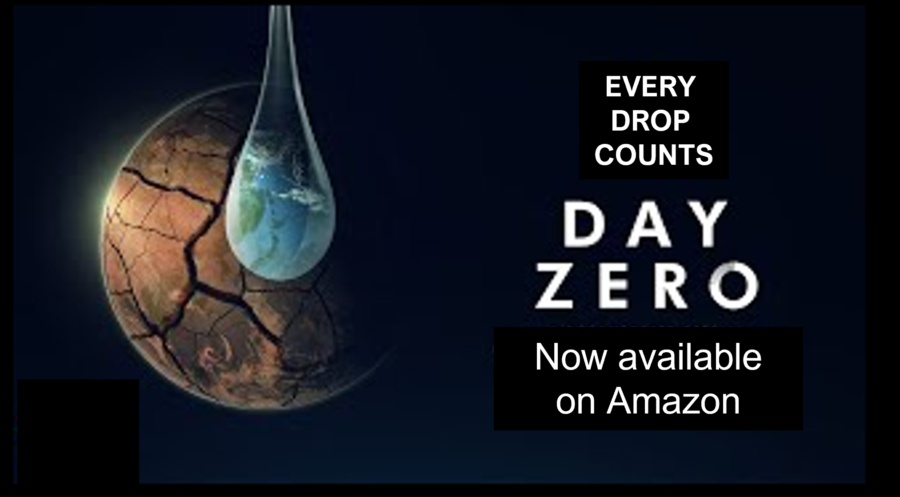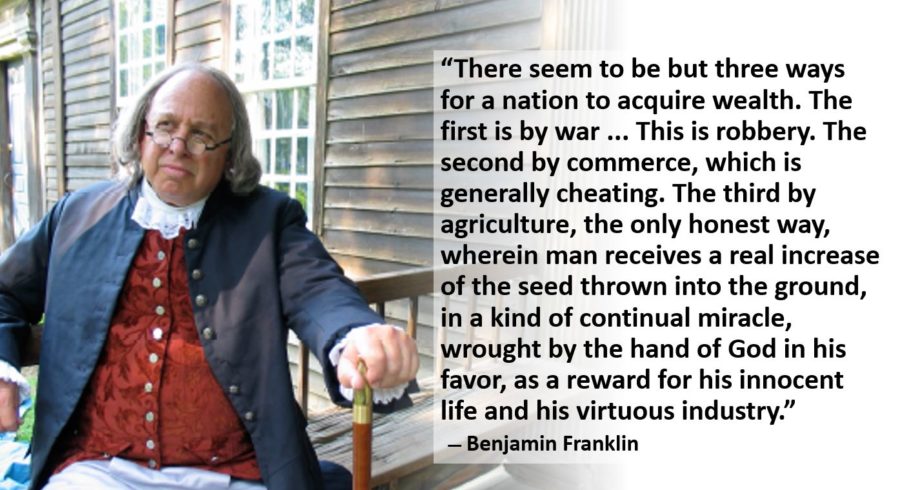A handful of powerful companies are getting rich mining the Earth’s precious resources at the expense of planet and people everywhere. Why are we allowing it?

Cargill shutters Avery Island salt mine after fatal roof collapse
Recent news out of Louisiana announcing the closure of the Avery Island salt mine, reminds us of the dangers in dealing with big corporations like Cargill.
In January 2013, Cargill announced the Plainview, Texas slaughter facility that employed 2,000 workers would be closed. Cargill claimed it was due to tight cattle supplies. This came after decades of below cost-of-production prices paid to livestock producers, resulting in a shrunken U.S. cow herd, compliments of Cargill, the other members of the meatpacker cartel, USDA, and meatpacker friendly courts. The Plainview plant remains closed and gutted of the infrastructure and machinery to process cattle. Economic development experts now feel the region would have been better served with many small locally owned businesses.
A bigger reason to close the Plainview plant.
Cargill is the largest privately held corporation in America in terms of revenue. Known for well-informed long-term planning, Cargill leadership knew water from the Ogallala Aquifer was being pumped out in excess of the recharge rate. Like salt, the precious life sustaining water is literally being mined, and in places like Muleshoe, Texas, it’s already gone. Nearly everything Cargill owns depends on abundant and free water.

DAY ZERO is a documentary about the impending global water crisis and how that is one of the most serious and pressing issues of our lifetime.
The Ogallala Aquifer is in steep decline. Since the 1950s, the precious water has been systematically extracted and converted to corporate cash through crops and livestock.

Cargill is the modern-day version of the East India company – the much feared commerce-controlling corporation of Franklin’s day.
For decades, Cargill, known as The Worst Company In the World, has surrounded farmers and ranchers from input to output, stealing the fruits of their labor, buying crops and livestock at below-cost-of-production harvest prices to sell later in the year at higher prices, often much higher. This year, Cargill is raking in nearly double the harvest price, while people around the globe go hungry.
Honestly, why should Cargill care about Avery Island, Plainview or Muleshoe Texas, or even the Ogallala Aquifer? Like a strip-mining shovel looking for coal, Cargill searches the world for resources to convert to shareholder cash and equity, draining countries and communities of their critical life sustaining resources, including as majority owner of the largest grain terminal in resource-rich Ukraine.
So, why do we continue to allow a handful of global corporations of exploit planet and people? Perhaps the U.S. Senator from Cargill’s home state, Amy Klobuchar, could help answer the question? Although the Senator didn’t mention Cargill in her recent book, Antitrust: Taking on Monopoly Power from the Gilded Age to the Digital Age, wouldn’t Minnesota’s biggest multinational corporation be a top choice for breakup?
What do you say Senator Klobuchar?













https://news.mikecallicrate.com/agriculture-built-high-plains-towns-now-it-might-run-them-dry/